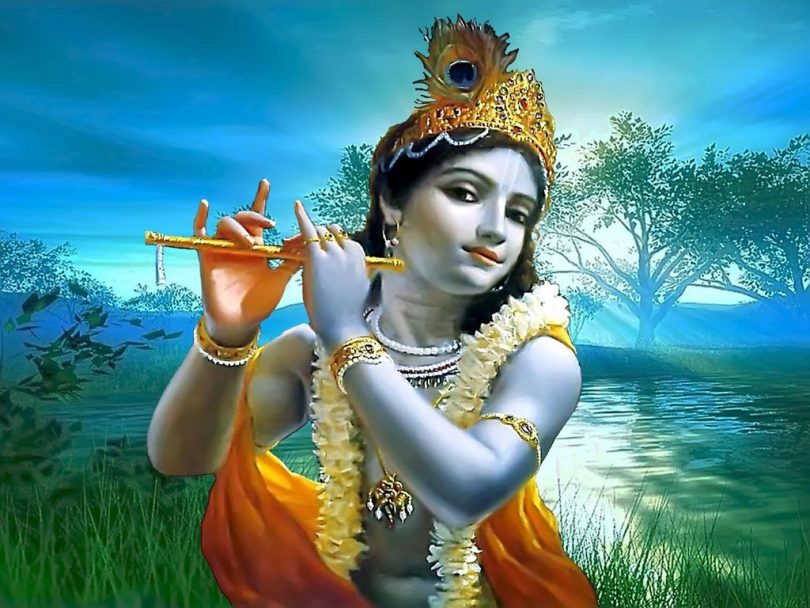Question: When the sages give a curse/blessing to any demon and bless that they will be liberated by Lord Krishna, let´s say Narada Muni cursing Nalakuvara and Manigriva, how is it that Krishna acts according to their word? It sounds like the sages force Krishna to fulfill their blessing.
Answer By Romapada swami:
Lord Krishna is bhakta-paradhina, i.e. He becomes controlled by the love of His devotees (see SB 9.4.63). By His own supreme sweet will, He chooses to fulfill the promises of His devotee and in fact feels bound to keep the words of His devotee, just as a loving and sincere father might feel responsible to keep the word given by his son. Krishna has given the ‘power of attorney’ to His devotee to distribute His mercy, and thus Krishna’s mercy follows behind His devotees’ mercy, whether in the form of a blessing or so-called curse.
The devotees are also deeply thoughtful and scrupulous about their every word and deed, so as not to inconvenience the Lord unnecessarily. His only goal in his every action is to please and enhance the glories and pastimes of the Lord The Lord and His devotee are thus in a ‘compact of love’, with each other competing to serve and glorify the other.
Nobody can force Krishna, but when He acts in such obliging ways towards His devotees, it is actually an exhibition of a transcendental loving exchange; such pastimes actually magnify the glories of Krishna as well as that of His devotees and the process of bhakti. It is just as Arjuna ordering Krishna as his charioteer or mother Yashoda controlling Krishna by her stick.
Bhishmadeva also wanted to prove this when in during the battle he took a vow to kill Arjuna and thus ‘force’ Krishna to break His own promise of not taking any weapon. By ‘forcing’ Krishna in this way, Bhishmadeva wanted to personally relish and also proclaim to the world the ‘bhakta-vatsala’ nature of His worshipable Lord.
Similarly, Narada Muni’s inner mood is always to enhance the pastimes and accentuate the glories of the Lord, and indeed His curse/blessing served that very purpose in addition to showing supreme compassion to Nalakuvera and Manigriva.
(For more discussion on Krishna’s bhakta-paradhina feature, see Digest 00258)







